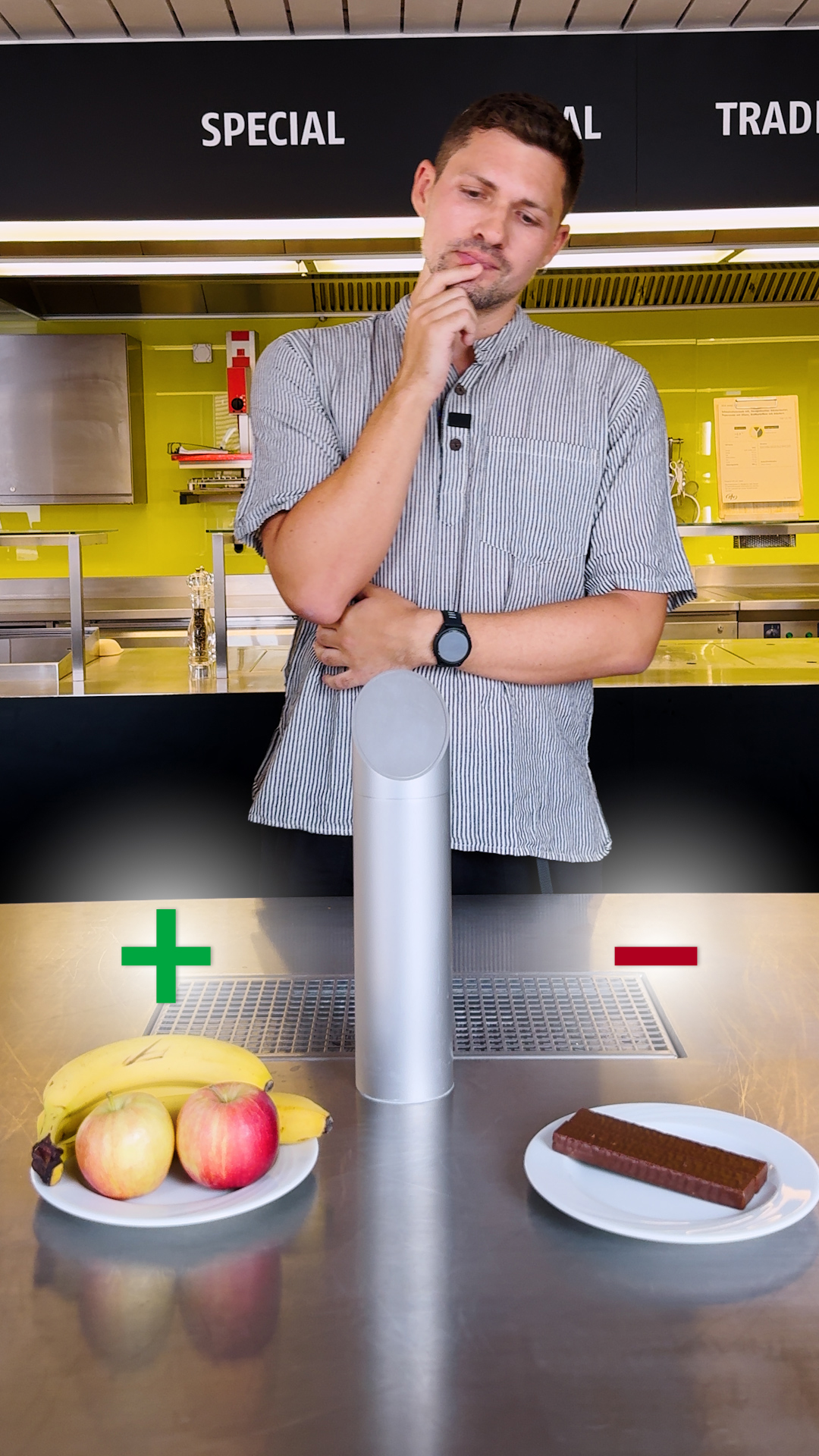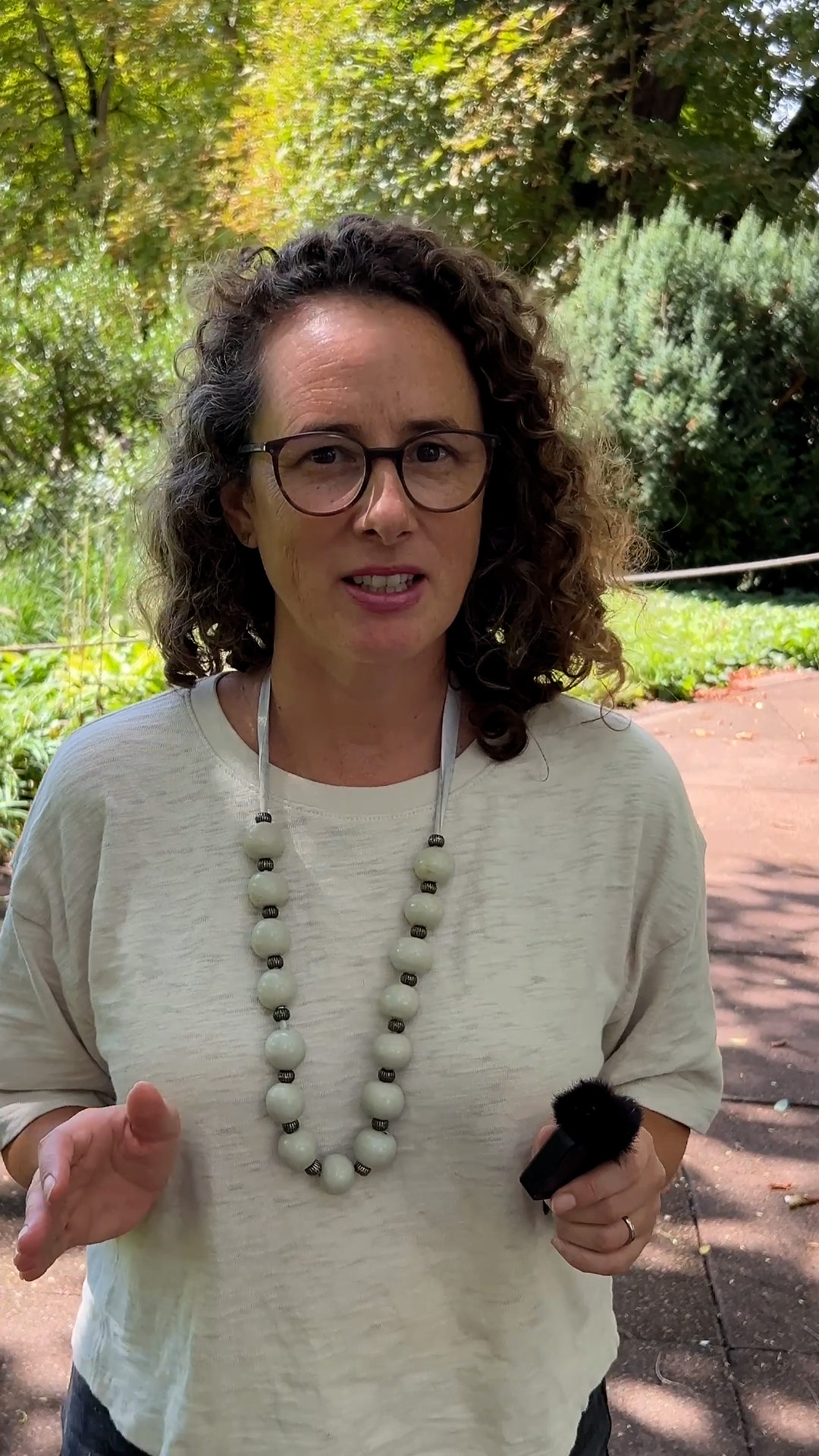
New technique speeds up gene search

Researchers working for the Swiss pharmaceutical giant, Roche, have made a major breakthrough in the analysis of genes. Using a new computation technique, the scientists can now quickly identify regions of a mouse gene susceptible to disease.
Scientists use specially bred mice as genetic models for human diseases because of the similarities between the two genomes. Mice share most of the same genes as humans.
Until now, though, analysis of the mouse models has been time consuming and expensive.
To improve speed and accuracy, the researchers at Roche focused on what are called single nucleotide polymorphisms (SNP). SNPs are single base variations within a person’s DNA. It is base pairs which make up DNA strands.
Combinations of this type of variation can make an individual more, or less, susceptible to disease. And patterns of genetic variation allow scientists to determine which genes regulate this susceptibility to disease.
With a database of 500 SNP’s among 15 inbred subspecies of laboratory mice, the researchers now say they are able to predict regions in the mouse genome that could be responsible for disease.
Tests were carried out to verify the new method were conclusive. The technique was used to determine the location of known chromosomal variations.
With a simple desktop computer, up to 98 per cent of the mouse genome was excluded in the process, while the remaining percentage contained the known variations. Computation time was less than one second, compared to months using traditional mapping methods.
Roche hopes the new technique will become a standard within the next five years. Scientists have already started tests to see if the same methods can be applied to human DNA.
The researchers received extra public funding for their work, on top of the company’s own investment.
The US-based National Human Genome Research Institute supplied $1.2 million (SFr2.16 million) over three years for the project, the first time such a grant has been given to a pharmaceutical company.
The Roche team’s findings have been published in the latest issue of “Science” magazine.
swissinfo with agencies

In compliance with the JTI standards
More: SWI swissinfo.ch certified by the Journalism Trust Initiative






































You can find an overview of ongoing debates with our journalists here . Please join us!
If you want to start a conversation about a topic raised in this article or want to report factual errors, email us at english@swissinfo.ch.